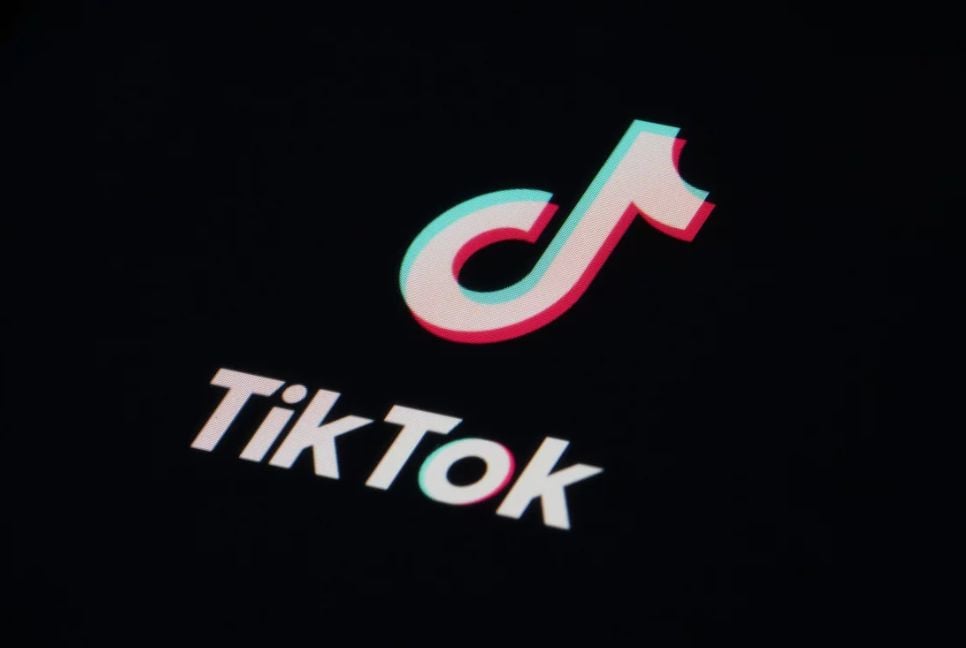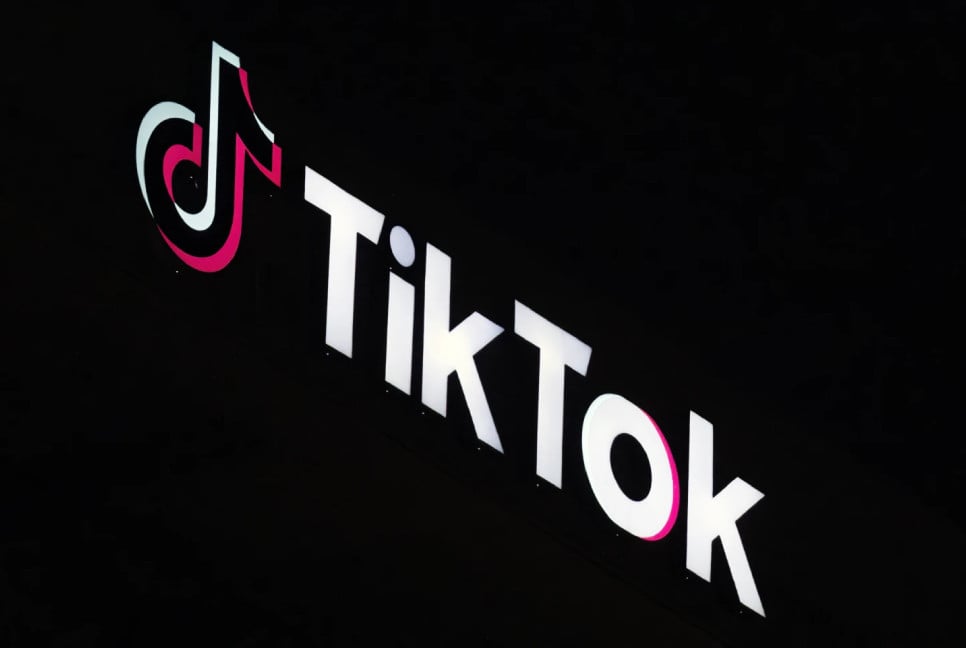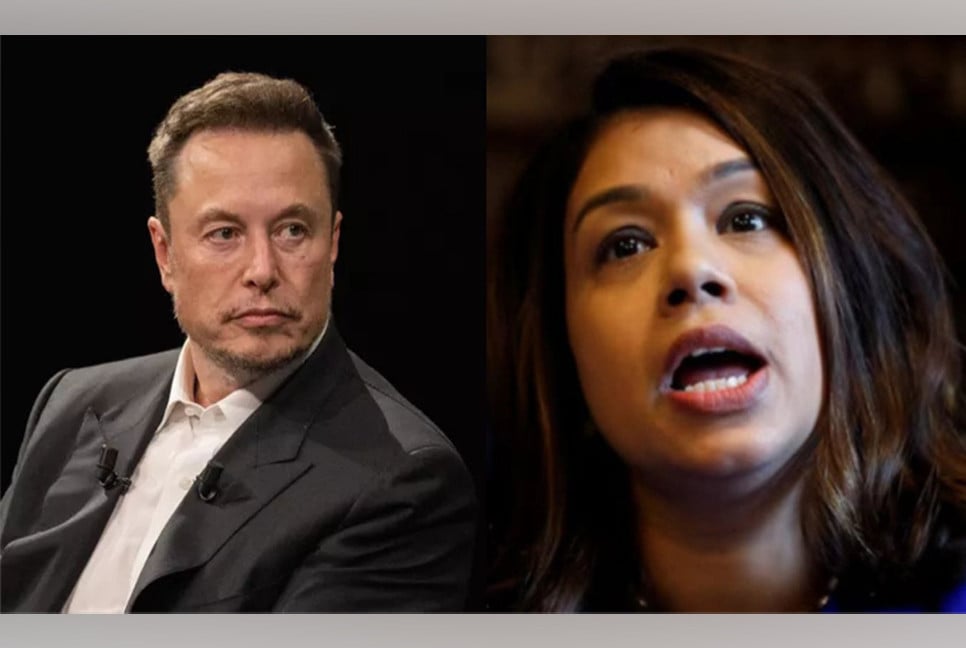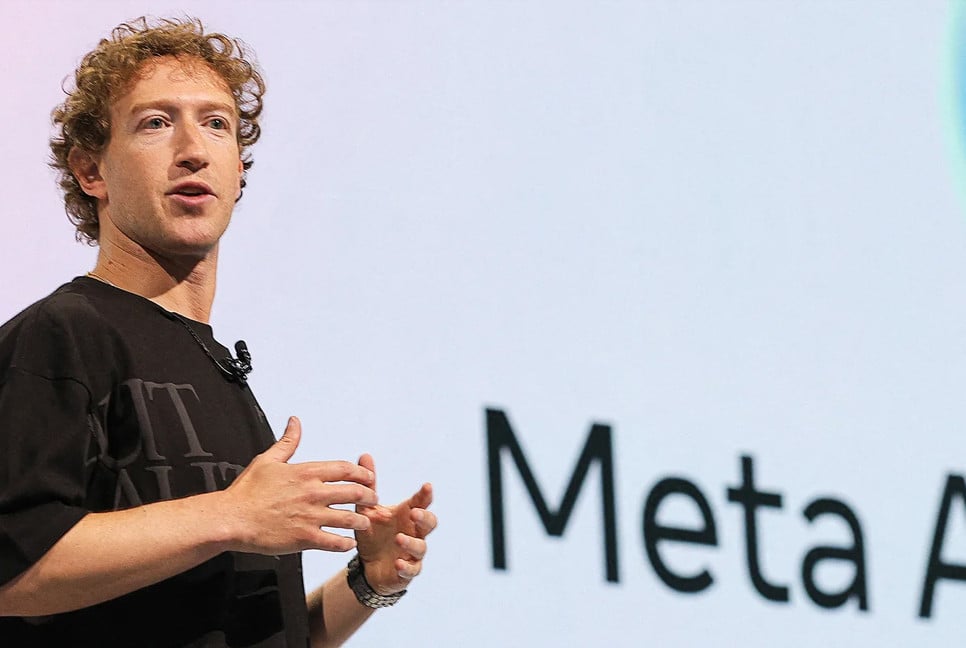United States regulators want a federal judge to break up Google as a part of punishment for decade-long monopoly, reports AP.
The proposed breakup floated in a 23-page document filed late Wednesday by the US Department of Justice calls for sweeping punishments that would include a sale of Google’s industry-leading Chrome web browser and impose restrictions to prevent Android from favoring its own search engine.
Justice Department lawyers argued in their filing, “A sale of Chrome “will permanently stop Google’s control of this critical search access point and allow rival search engines the ability to access the browser that for many users is a gateway to the internet”.
Although regulators stopped short of demanding Google sell Android too, they asserted the judge should make it clear the company could still be required to divest its smartphone operating system if its oversight committee continues to see evidence of misconduct.
The broad scope of the recommended penalties emphasizes how severely regulators operating under President Joe Biden’s administration believe Google should be punished following an August ruling by US District Judge Amit Mehta that branded the company as a monopolist.
The Justice Department decision-makers who will inherit the case after President-elect Donald Trump takes office next year might not be as vociferous. The Washington, D.C. court hearings on Google’s punishment are scheduled to begin in April and Mehta is aiming to issue his final decision before Labor Day.
If Mehta embraces the government’s recommendations, Google would be forced to sell its 16-year-old Chrome browser within six months of the final ruling. But the company certainly would appeal any punishment, potentially prolonging a legal tussle that has dragged on for more than four years.
Google didn’t have an immediate comment about the filing, but has previously asserted the Justice Department is pushing penalties that extend far beyond the issues addressed in its case.
Besides seeking a Chrome spinoff and a corralling of the Android software, the Justice Department wants the judge to ban Google from forging multibillion-dollar deals to lock in its dominant search engine as the default option on Apple’s iPhone and other devices. It would also ban Google from favoring its own services, such as YouTube or its recently-launched artificial intelligence platform, Gemini.
Regulators also want Google to license the search index data it collects from people’s queries to its rivals, giving them a better chance at competing with the tech giant. On the commercial side of its search engine, Google would be required to provide more transparency into how it sets the prices that advertisers pay to be listed near the top of some targeted search results.
Wary of Google’s increasing use of artificial intelligence in its search results, regulators also advised Mehta to ensure websites will be able to shield their content from Google’s AI training techniques.
The measures, if they are ordered, threaten to upend a business expected to generate more than $300 billion in revenue this year.
“The playing field is not level because of Google’s conduct, and Google’s quality reflects the ill-gotten gains of an advantage illegally acquired,” the Justice Department asserted in its recommendations. “The remedy must close this gap and deprive Google of these advantages.”
It’s still possible that the Justice Department could ease off attempts to break up Google, especially if Trump takes the widely expected step of replacing Assistant Attorney General Jonathan Kanter, who was appointed by Biden to oversee the agency’s antitrust division.
Although the case targeting Google was originally filed during the final months of Trump’s first term in office, Kanter oversaw the high-profile trial that culminated in Mehta’s ruling against Google. Working in tandem with Federal Trade Commission Chair Lina Khan, Kanter took a get-tough stance against Big Tech that triggered other attempted crackdowns on industry powerhouses such as Apple and discouraged many business deals from getting done during the past four years.
Trump recently expressed concerns that a breakup might destroy Google but didn’t elaborate on alternative penalties he might have in mind. “What you can do without breaking it up is make sure it’s more fair,” Trump said last month. Matt Gaetz, the former Republican congressman that Trump nominated to be the next US Attorney General, has previously called for the breakup of Big Tech companies.
Bd-Pratidin English/ Afsar Munna
































































